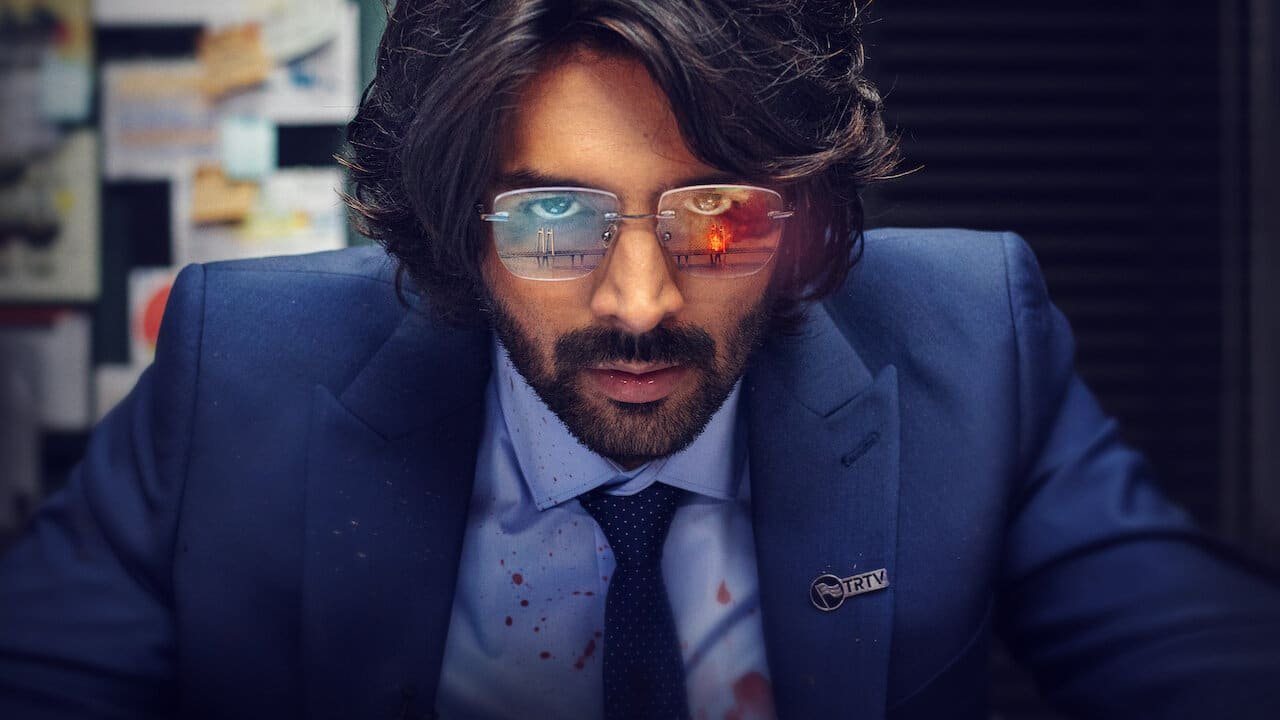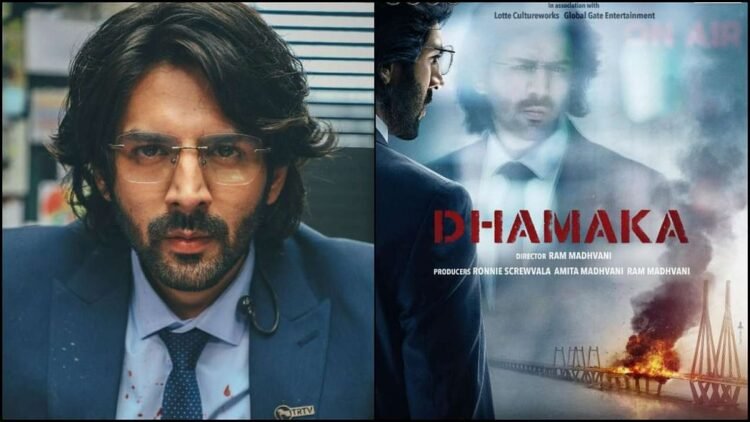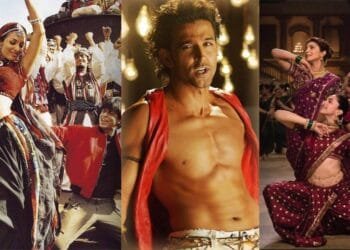Ram Madhvani, who previously directed Neerja and the television series Aarya, creates a universe within a room that is full of suspense, action, reaction, and a sense of urgency. For those who don’t know, Dhamaka is a record-breaking film in terms of how it was shot in ten days with several cameras. The amazing camera work that captures the intensity of events and the emotions of the people illustrates the nitty-gritty and procedure that Madhvani and her team went through. In this post of “dhamaka review”, you will see a critical analysis of the storyline and filmmaking.

Table of Contents
Story :
‘Dhamaka,’ a remake of the Korean film ‘The Terror Live,’ depicts an all-too-familiar conflict between TV networks’ ravenous desire for ever-increasing ratings and ordinary people with little financial and social clout. These are folks who have escaped the clutches of greedy businesses posing as media outlets that solely sell sensation. Some of these folks, ironically, still believe that news anchors are oracles. It’s a fascinating concept, but it’s let down by the clumsy execution.

Arjun Pathak (Kartik Aaryan), a top news anchor on prime time television, is demoted to the radio. A mystery phone call from a bomber strikes him as a glimmer of hope for reclaiming his lost glory.
Unless his demands are honoured, the bomber threatens to blow up the Bandra–Worli Sea Link. Does Arjun save his diminishing career or the people held hostage on the bridge when lives are on the line?
Review :
A day in the life of reluctant radio DJ Arjun Pathak (Kartik Aryan) is about to be turned upside down: he is thrown into the heart of a major crisis just minutes after the film begins. If his demands are not honoured, a man claims he will blow up the Mumbai Sea Link. Within minutes, there’s a huge blast, and Arjun watches portions of the iconic bridge crashing into the sea outside his window.
Who is this mysterious man? What is it that he desires? The voice on the phone becomes a beacon for Aryan’s ratings-hungry boss Ankita Malaskar (Amruta Subhash), who does whatever ‘the channel’ demands, no matter what the consequences are.

The caller seeks Arjun’s assistance in getting a strong politician to apologize for something he (the caller) feels caused the deaths of three people.
Aryan starts off well enough as the disgraced TV anchor who wants his prime-time job back at any cost, sporting zero power spectacles ‘to look serious.’ Subhash, who plays a hard-edged TV channel CEO with not a single empathy bone in her body, barks commands to ‘go live, go live.
The Thriller Lacks a sense of urgency, suspense..
However, you quickly realise that the essential ingredients of a thriller — the sense of urgency, suspense, and horror that the actors on film are supposed to feel — are lacking. That’s because everything on film appears to be staged and improbable. None of the ‘breaking news’ scenarios, the tragedy developing on the broken bridge, or the frantic action taking place in the newsroom feels real. The entire film had the feel of a set. And everyone feels like they’re rehearsing a scene.
This may have something to do with Bollywood’s inability to accurately portray buzzy news floors. It’s either overly exaggerated or too bland, with none of the knife-edged tensions that shoot through the place like lightning when news breaks and everyone is working full speed ahead on the next day’s edition or bulletin. It’s also possible that these characters are only outlines rather than flesh-and-blood.
Dhamaka is exciting enough to keep you interested, but you don’t feel emotionally invested in the characters. Lack of moderation, intricacies in writing, and execution are more harmful than beneficial. The script incorporates loud, theatrical words from the 1990s. ‘Hum news bechte hai, news business hai, anchor actor hai, audience ko drama chahiye,’ reads the headline.
To force feed an impact and play to the gallery, every bad emotion is spelled out. ‘Car geeri hai paani mein, Chalo sad music badhao,’ says a sound assistant to a producer. When things are made a little too clear, however, the subtle spectator manipulation fails. Stereotypes, such as media people smoking at all times, stand out like a sore thumb. Despite this, Madhvani, who is now a master of hostage-negotiator thrillers, manages to transport you to a constrained situation.

Even though Dhamaka isn’t a music-heavy film, the climax song Kya Khoya Paya pierces your heart and remains with you for a long time, as it eloquently sums up the entire film. If you enjoy thrillers, Dhamaka will not disappoint you, and Kartik Aaryan will wow you with his never-before-seen avatar and believable performance.
Dhamaka isn’t quite explosive enough to shift the course of the story, but it is entertaining. It also takes the risk of reminding the media why they are referred to as the “fourth pillar of democracy.”
Also Read: 9 Best Foreign Films From Various Countries














